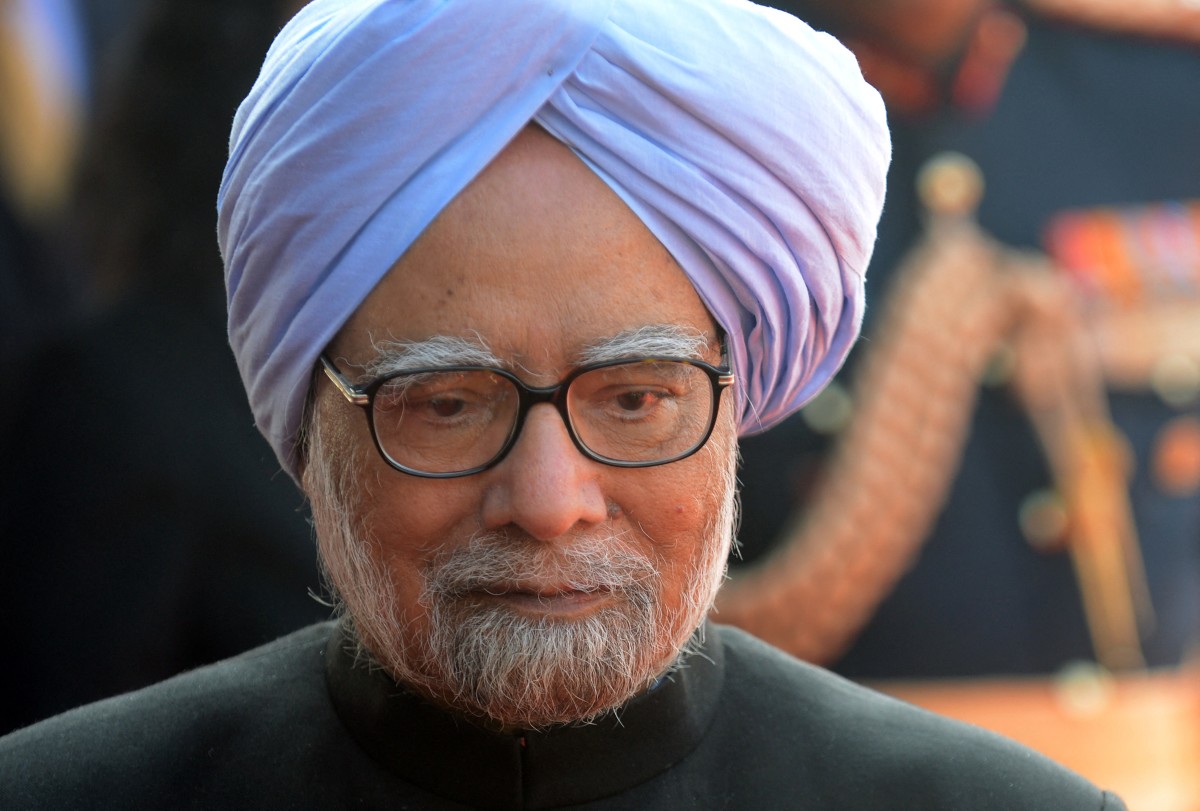Stakeholders in the Education sector have lamented the impact of the Covid-19 pandemic on the quality of learning in the country, saying millions of pupils have been left without access to education due to the pandemic.
They noted that Nigeria was facing a staggering learning crisis with its learning outcomes being one of the lowest globally.
The stakeholders spoke in Abuja on Tuesday at a two-day conference on improve children’s learning outcomes in Nigeria, organised by the British Council in collaboration with the Teaching at the Right Level (TaRL) Africa, Save the Children and the Partnership for Learning for All in Nigerian Education (PLANE).
Speaking during the event, the Former programme manager of Kano Literacy and Mathematics Accelerator programme (KaLMA), Habeeb saleh, said challenges of education during the COVID-19 pandemic include school closure, poor learning, unequal access to education opportunities and poor skills.
According to him, the use of digital technology to communicate was not an option as most children who attend public, rural schools come from poor homes with no access to smartphones or the Internet.
He recalled that the recent preliminary results of the 2020 National Learning Assessment (NLA) show that learning levels are still low in Nigeria, more than 55 per cent of grade four children could not read fluently and with comprehension.
Saleh added that the 2020 Nigeria Education Data Survey (NEDS) also revealed that only 66.8 per cent of children aged 12 to 14 can read at least one of three words, and 67.3 per cent of children of the same age group can add single digits.
With such staggering statistics according to him, stakeholders in Nigeria’s education system have been designing, supporting, and implementing foundational literacy and numeracy programmes to address the learning crisis.
“Like many countries worldwide, the COVID-19 pandemic exacerbated the learning crisis in Nigeria. This conference aims is to bring together actors invested in improving foundational skills for all children in Nigeria to learn, share and collaborate, as a step towards more effectively addressing the learning crisis.
“We hope to share lessons learned on foundational skills programming and discuss sustainable approaches for the future to help children in Nigeria catch up on foundational reading and mathematics skills,” said Ashleigh Morrell”, he said.
In her remarks, Country manager of TaRL, Inyang Umoren, stressed the importance of accelerating children’s acquisition of foundational skills using level appropriate, materials and activities.
She said: “We believe that for children to have good learning outcomes, we need to improve and strengthen the capacity of the teachers to ensure that the learning outcomes are improving, the teachers need enough a lot of mentoring support. And that mentoring support comes from the government system.”





















Discussion about this post